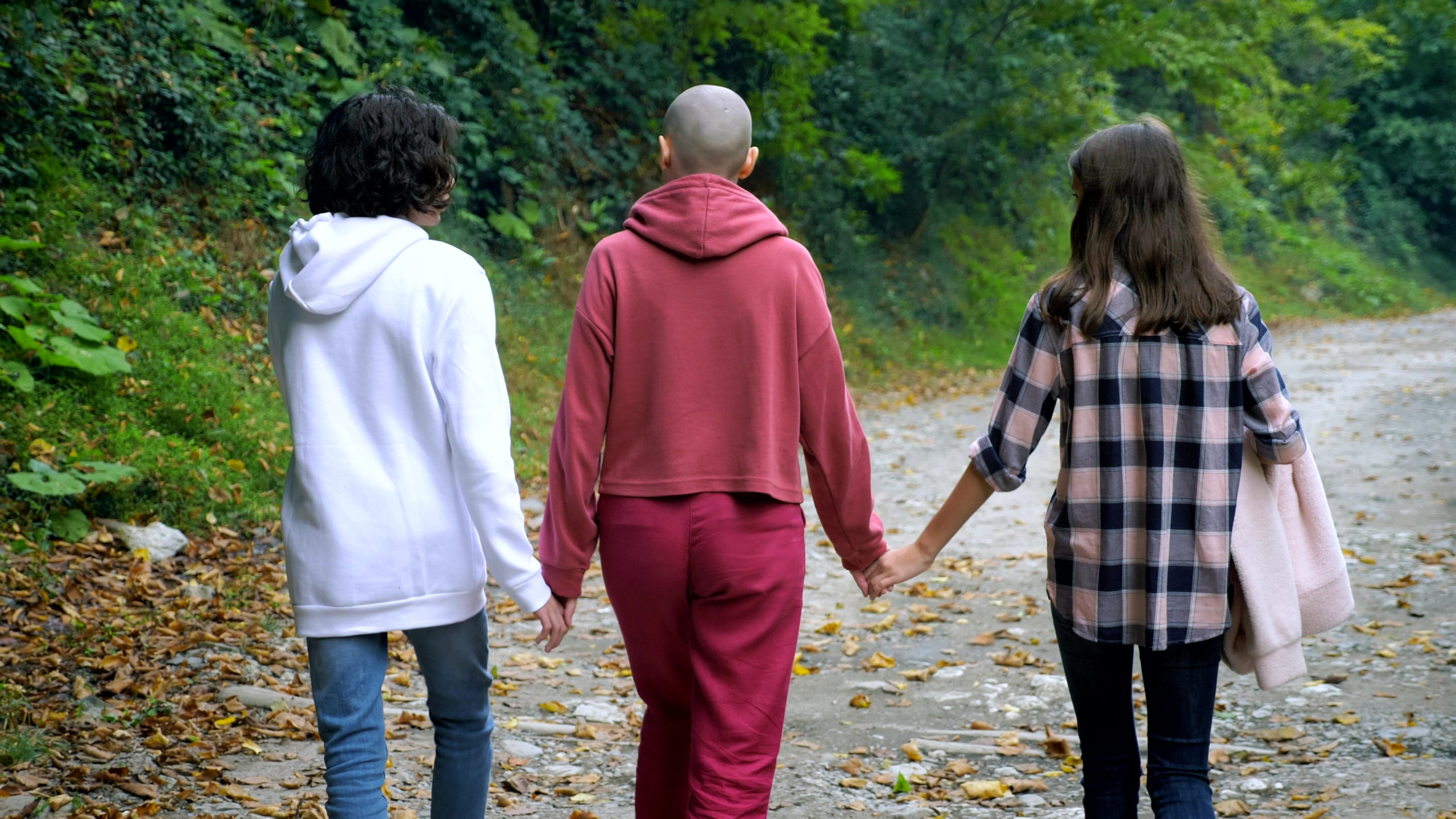
By Michelle Zhang, MD, Oncology & Hematology Clinic
As a medical oncologist, I prescribe chemotherapy to many patients. Although the treatment can be life-prolonging and even life-saving, it may also cause many physical and psychological side effects, including significant tiredness and depressed moods. Patients will often ask “What can I do to feel better?”
One of my recommendations is to stay active. It is well-known that regular exercise produces myriads of benefits for one’s health, but do these results remain consistent for exercise during cancer treatment? In May, The American Society of Clinical Oncology released new guidelines citing strong evidence that exercising during cancer treatment helped to reduce fatigue, lessen anxiety and depression, improve cardiorespiratory ability and quality of life, cause a faster recovery to baseline, and even prolong survival.
The type of exercise that is best for each person may be different and may vary from week to week for cancer patients during treatment. It may entail going on a walk or performing strengthening exercises, aerobics or recreational sports. Results from a five-year study from the Netherlands showed that although both groups of patients benefited from the exercise, those who exercised during their chemotherapy had even better cardiorespiratory health compared to those who exercised after chemotherapy was completed.
Understandably, it is difficult for cancer patients to exercise when they feel physically or emotionally unwell. However, it is important to keep in mind that any amount of exercise will be beneficial and it is better to start sooner rather than later.
Talk to your medical team about the best exercise program for your specific medical condition.
Learn more about Dr. Zhang.
See Valley’s Oncology & Hematology Clinic services.
Find out more about Valley’s cancer treatment and support.

